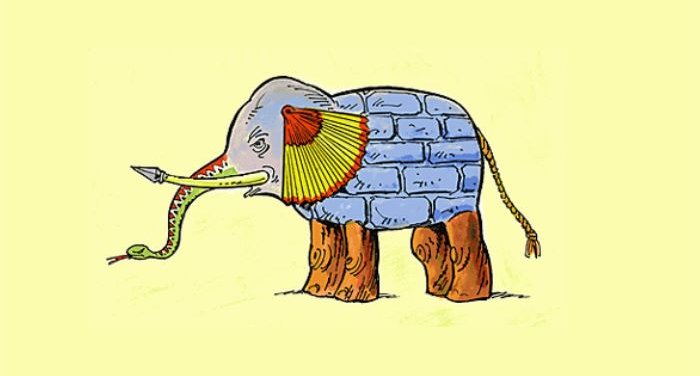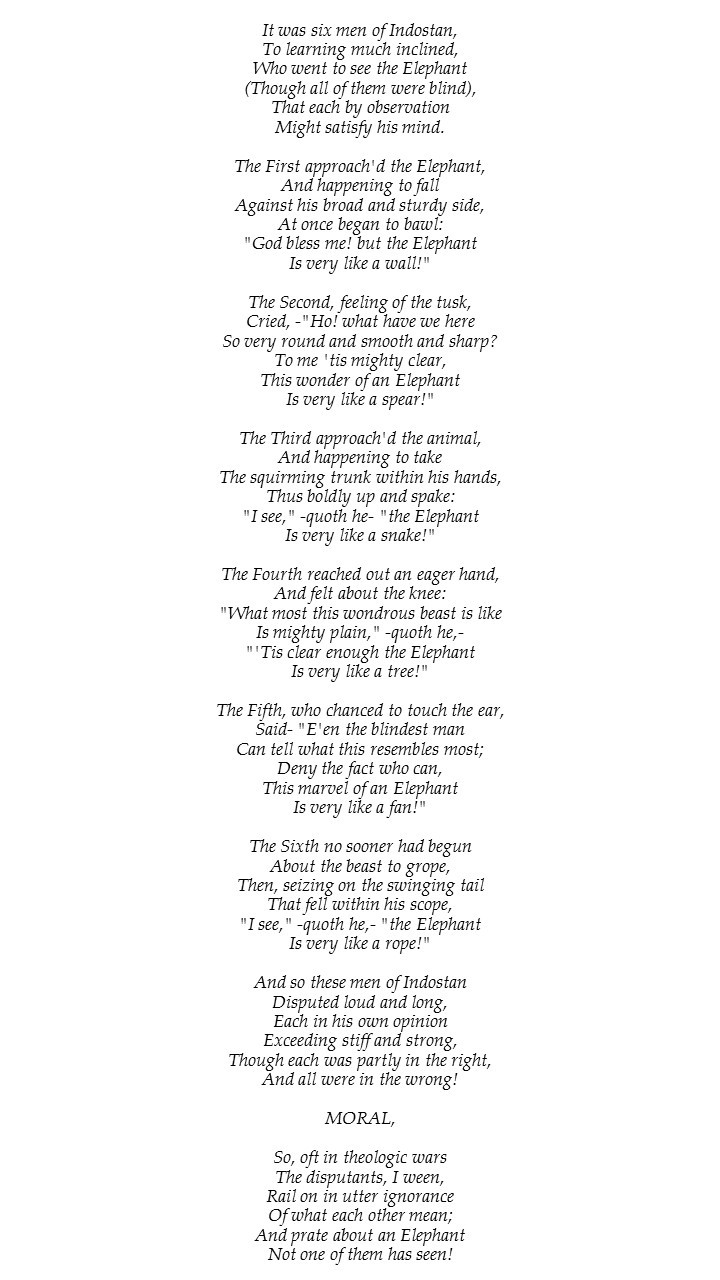“The very ink with which history is written is merely fluid prejudice.” ~ Mark Twain
Can you open your eyes and see the elephant in the room? Our history defines who we are, as individuals and as a society. But the trouble with history is that it can never be fully separated from the historian – we all love a good story and we hold oh so dearly to the stories we tell ourselves.
Histories are simply the stories we believe in, regardless of their truthfulness. The great military general and first emperor of France, Napoleon Bonaparte, said that “history is the version of past events that people have decided to agree upon”, but even mass agreement doesn’t always make for accurate history (see groupthink). We all see the world through filters that bias our conclusions, which then impacts how we choose to interact with the people around us.
How do we boost the accuracy and credibility of our personal and collective histories? Diversity. When we incorporate diverse perspectives on any event, we are better able to obtain a solid grasp of reality and shield ourselves from our own biases, whether conscious or unconscious. Recall the ancient Indian parable of The Blind Men & The Elephant (here in poem form by John Godfrey Saxe (1816-1887):
You’ve likely heard the cautionary line from the Irish Statesman and Philosopher, Edmund Burke, “those who don’t know history are destined to repeat it.” I’d add that those who don’t seek out and embrace a diverse perspective of their own history are destined to miss it.


